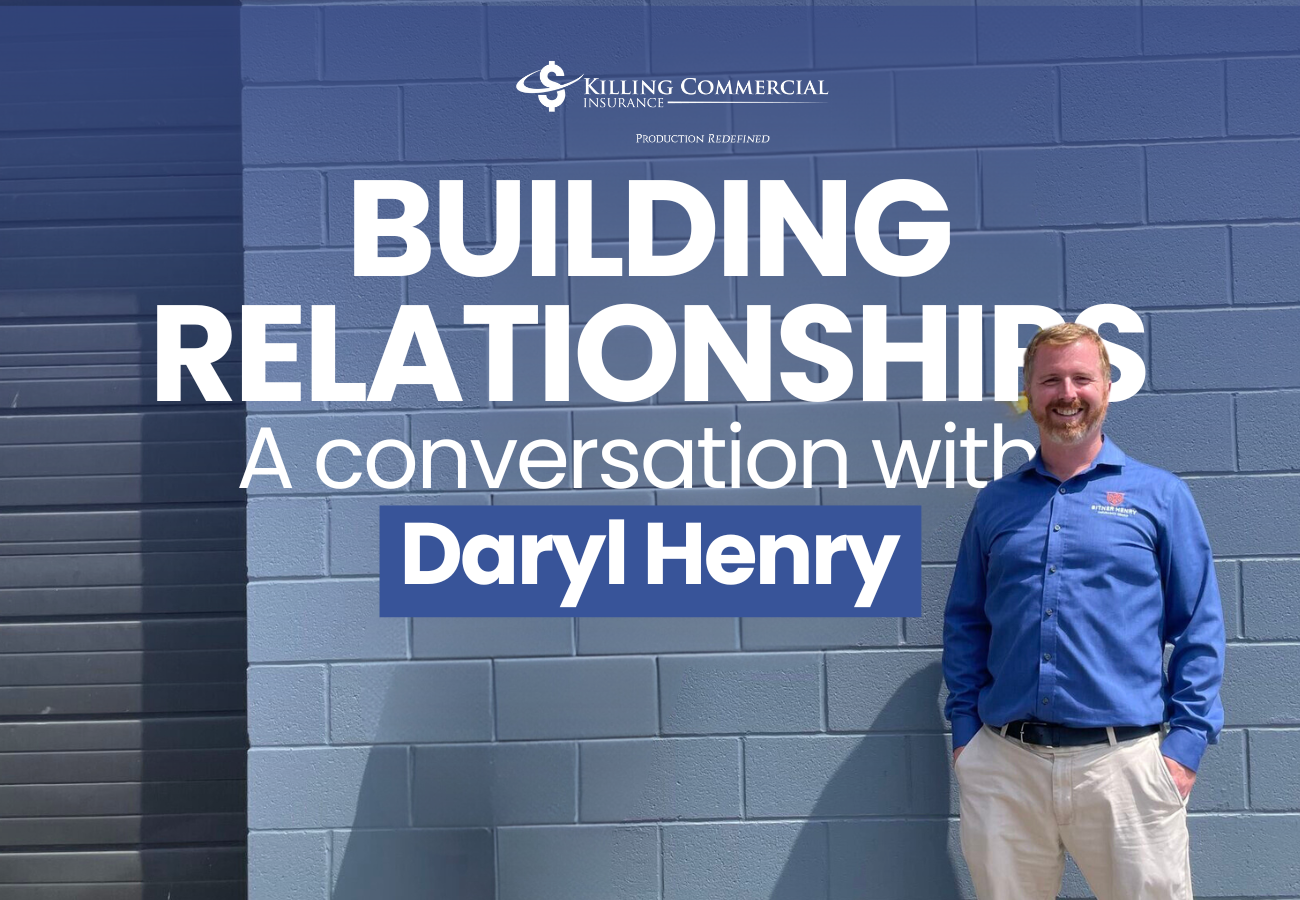
AI, Authenticity, and the Future of Elite Production: What the Insurance Industry Must Learn from Craig Bender’s InsureU2 Revolution
The insurance industry is entering one of the most transformative seasons in its history. For decades, our world has been shaped by carriers, underwriting cycles, prospecting methods, and the grit of producers willing to outwork their competition. But today, a new force is reshaping the landscape—and most producers, agency leaders, and industry professionals aren’t ready for it.









Responses